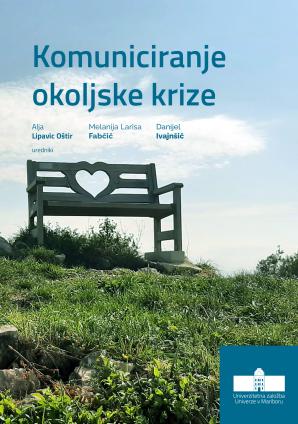Izzivi komuniciranja samooskrbe v času podnebnih in družbenih sprememb
Synopsis
The concept of “self-sufficiency” has recently become increasingly complex, since it now encompasses not only economic dimensions but also social, cultural, environmental, and political ones. As a result, communication approaches to promoting self-sufficiency have also evolved-from mere technical guidance for providing advice to individuals to a considerably broader endeavour of shaping attitudes, behavioural patterns and identities. This chapter examines the communication of self-sufficiency as a multilayered discursive process and emphasizes the importance of understanding these practices for the promotion of a sustainability-oriented society. Two linguistic approaches-framing theory and speech act theory-play a key role in analyzing communication processes, since they offer tools for evaluation and a more objective analysis. The paper also highlights the growing awareness of how crucial understanding is for the communication of self-sufficiency, not only for effective dissemination of information but also for active shaping of a sustainable society.







